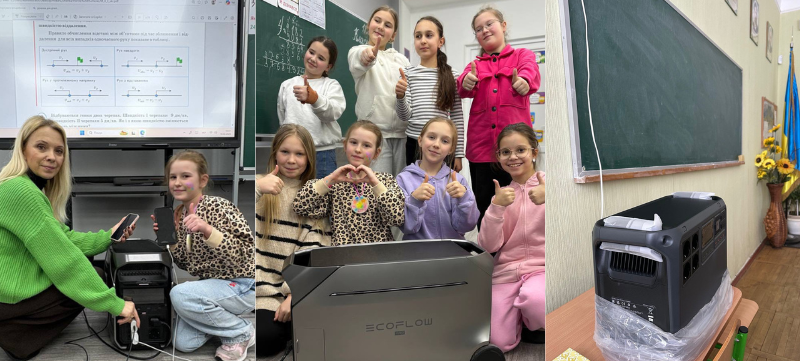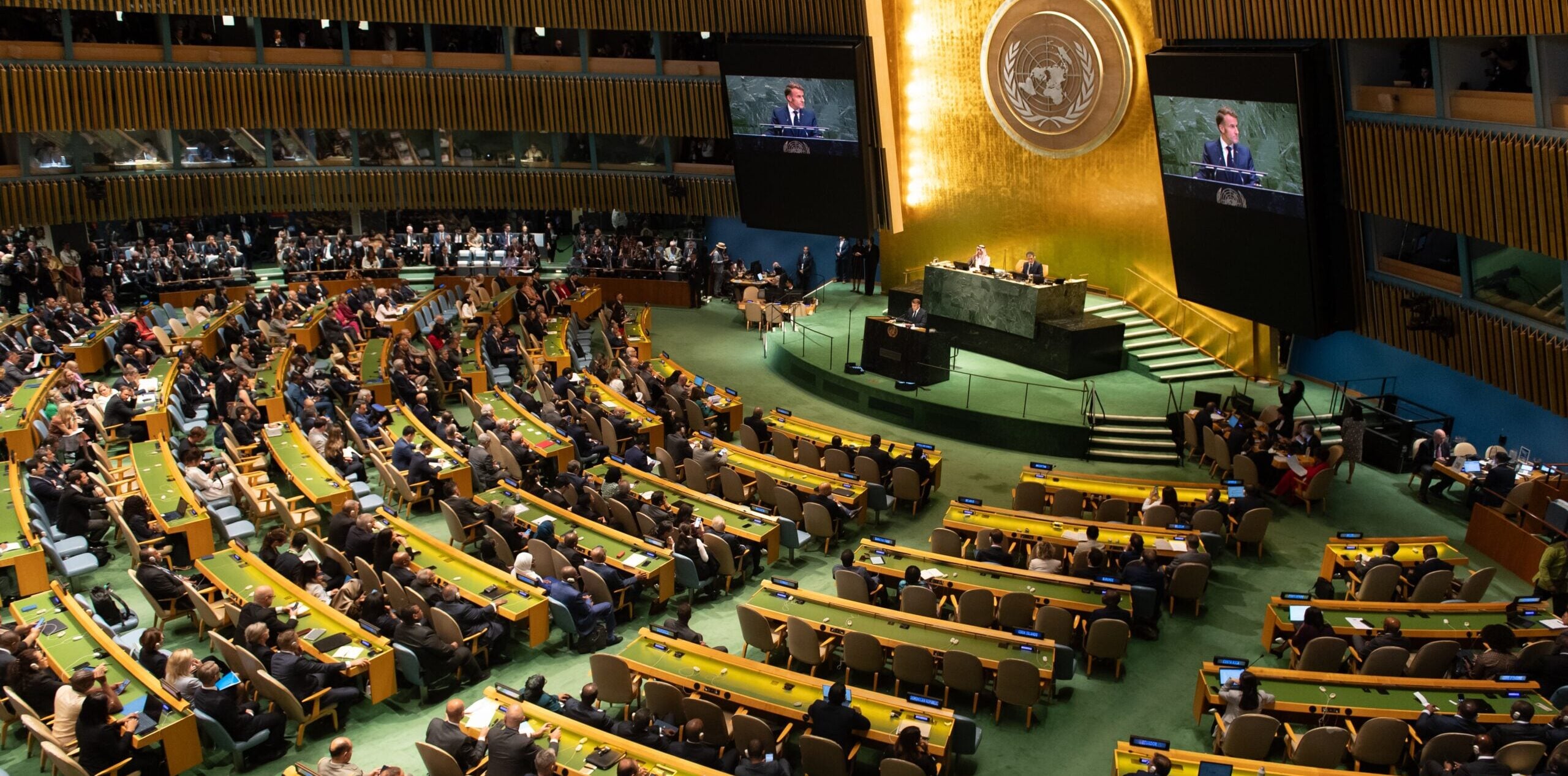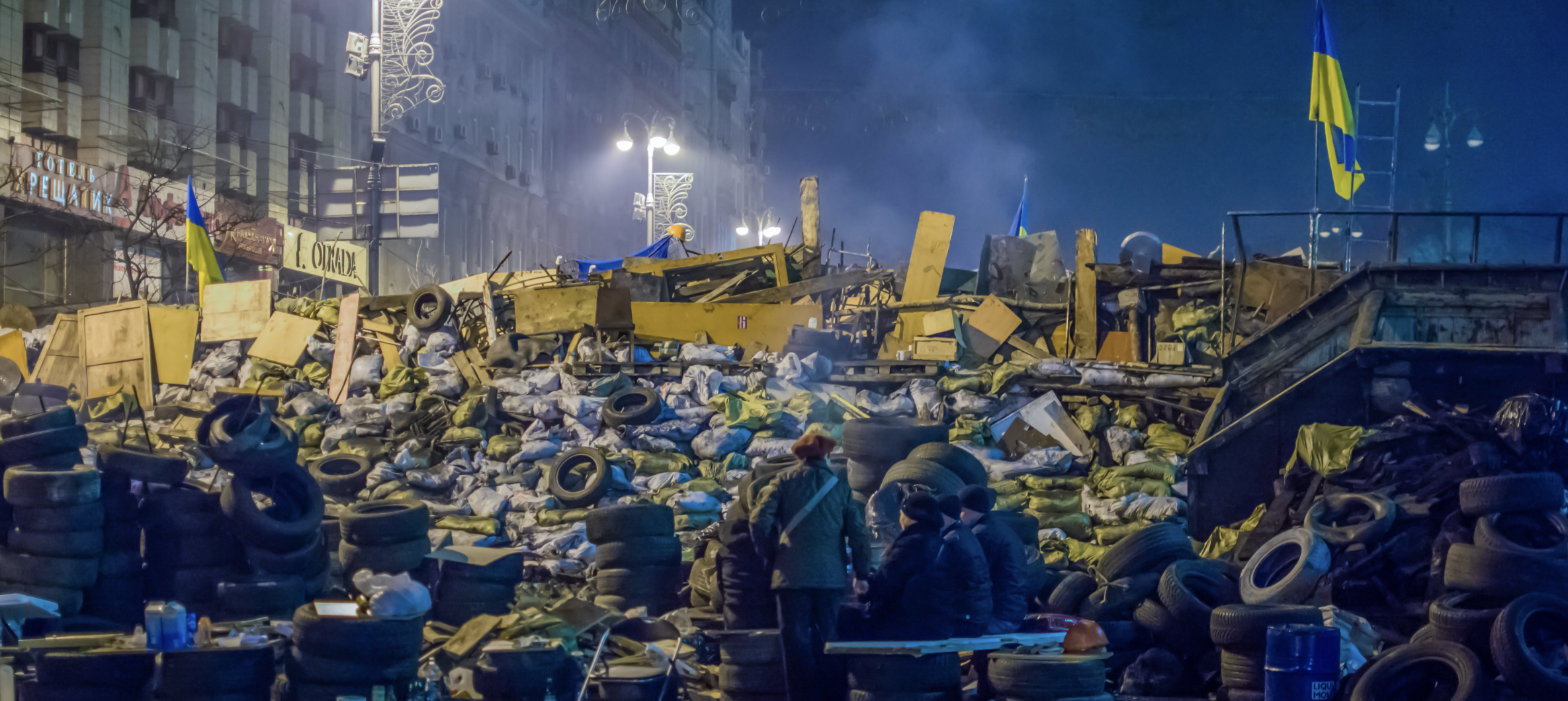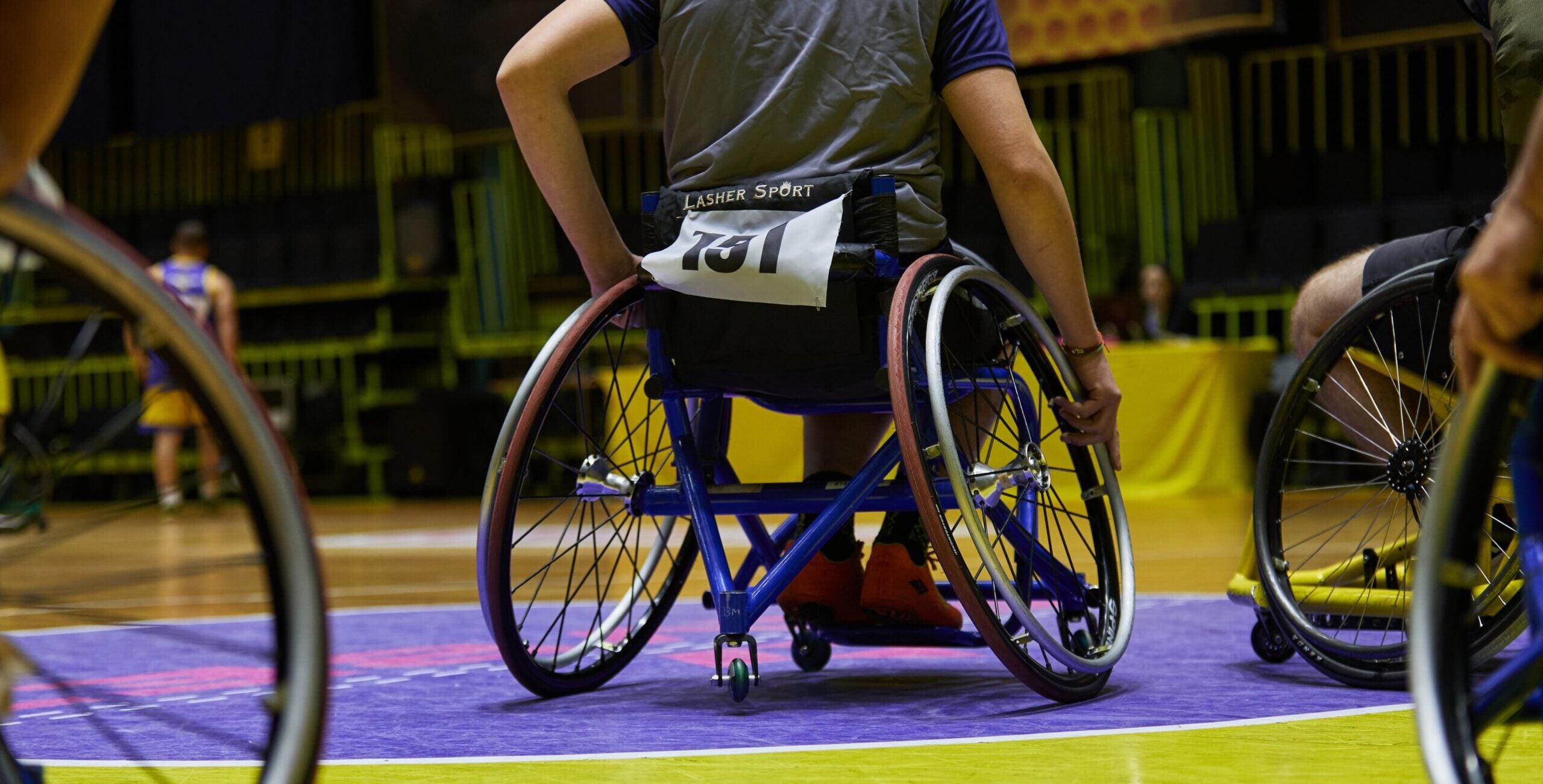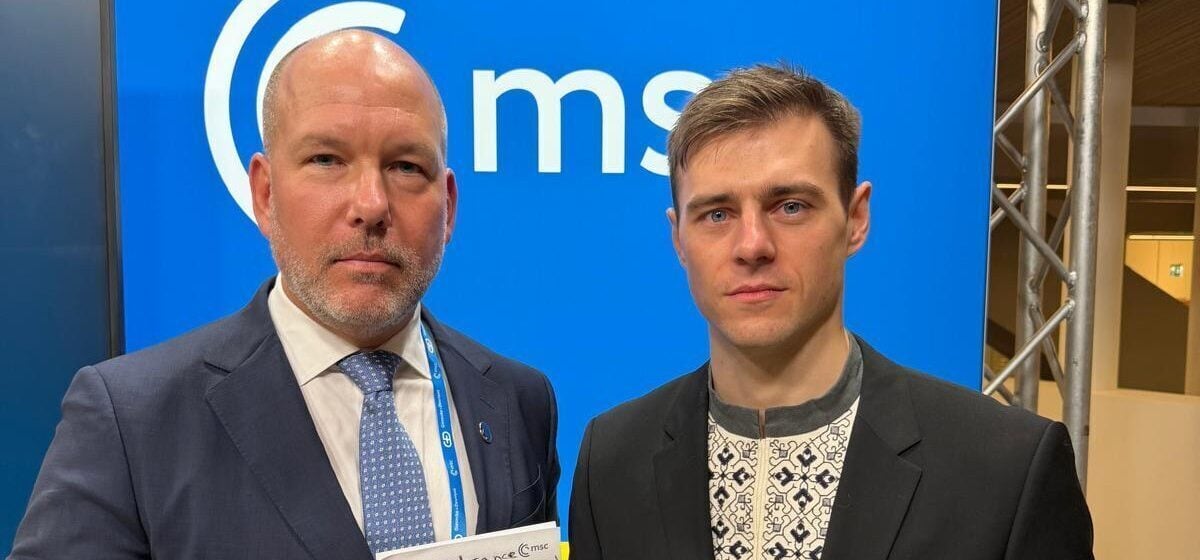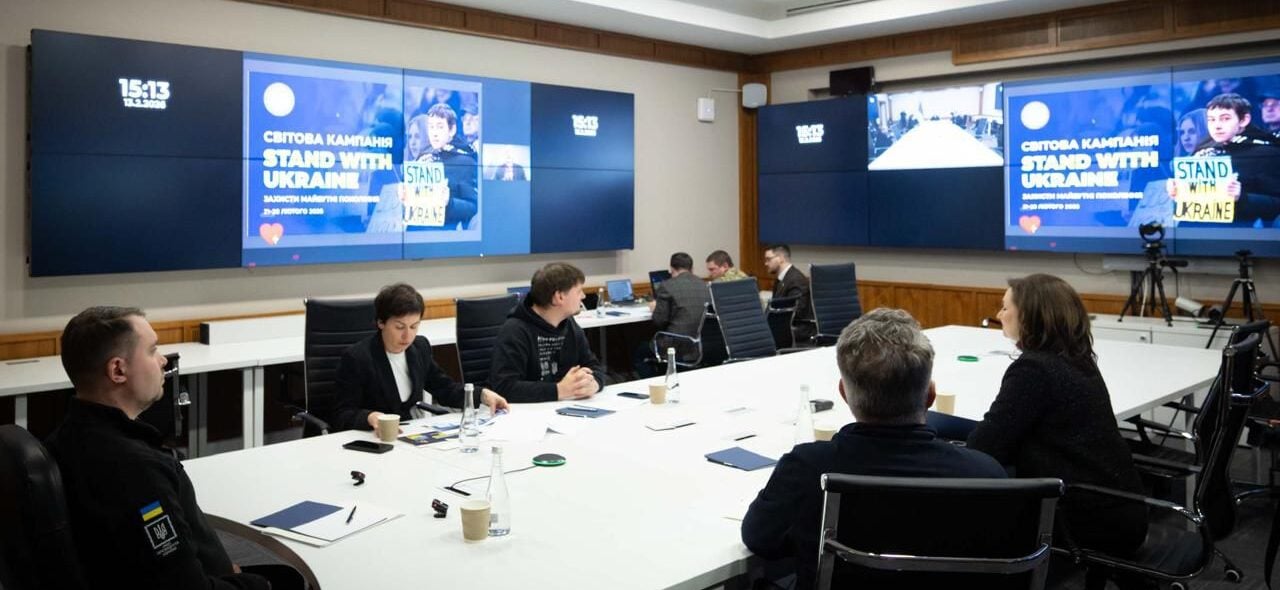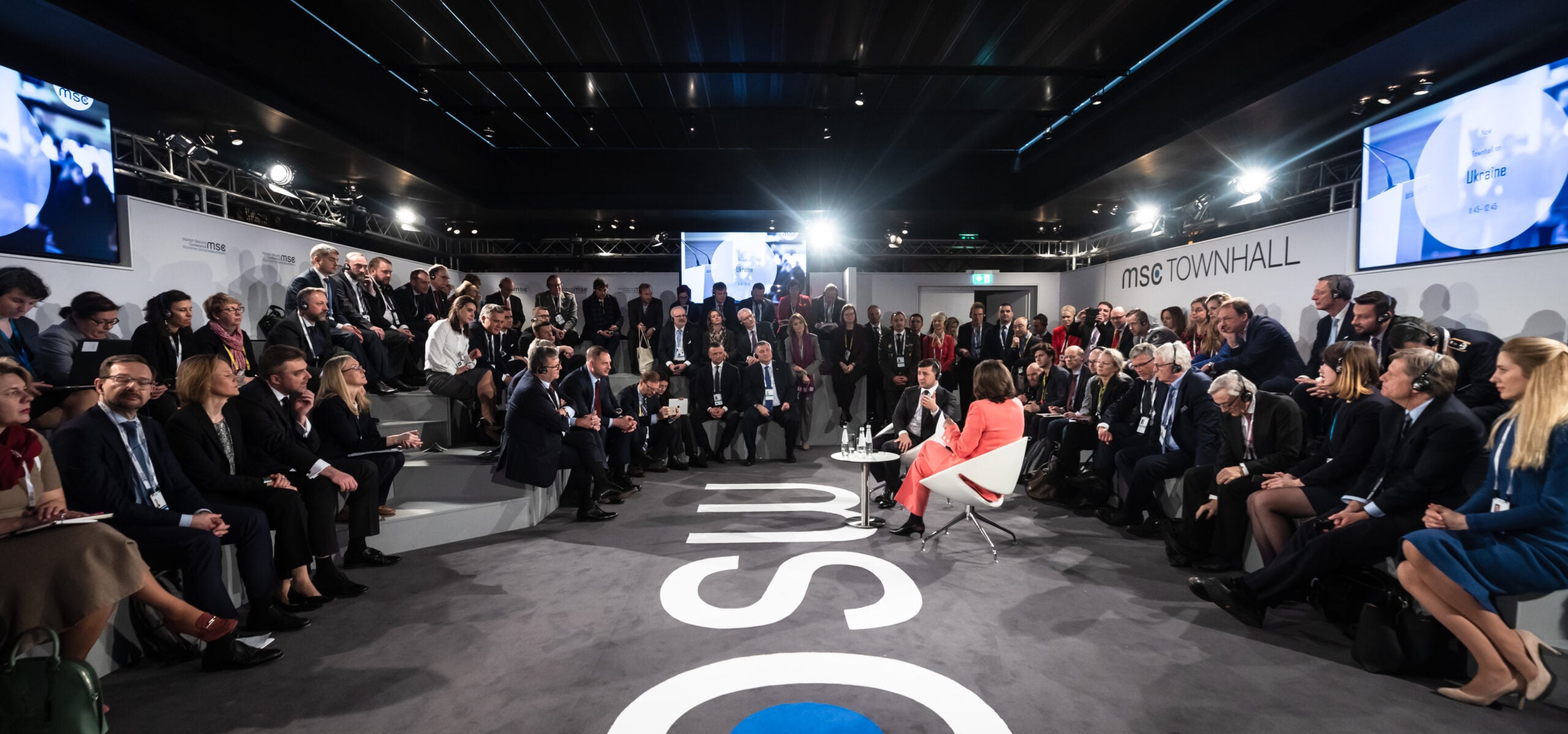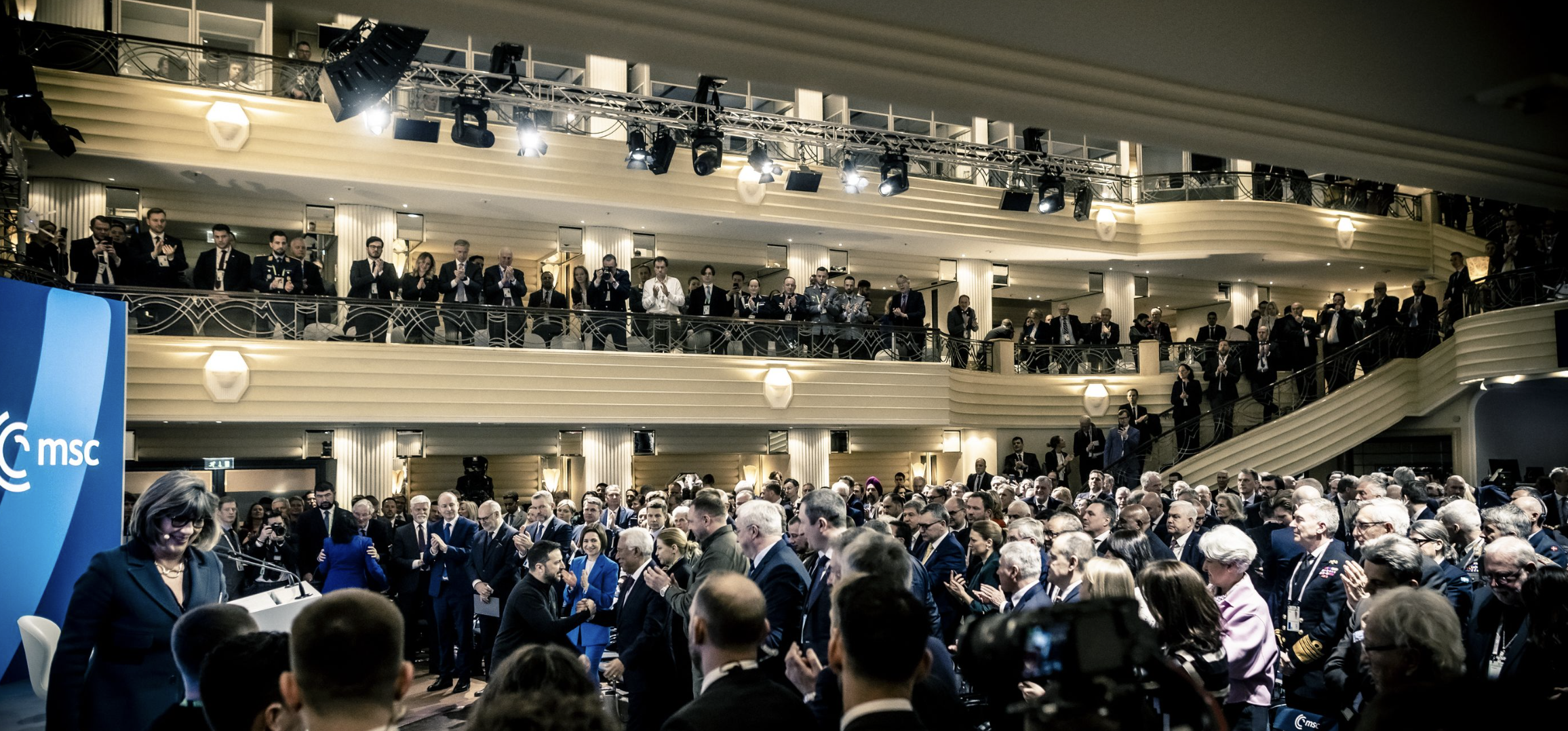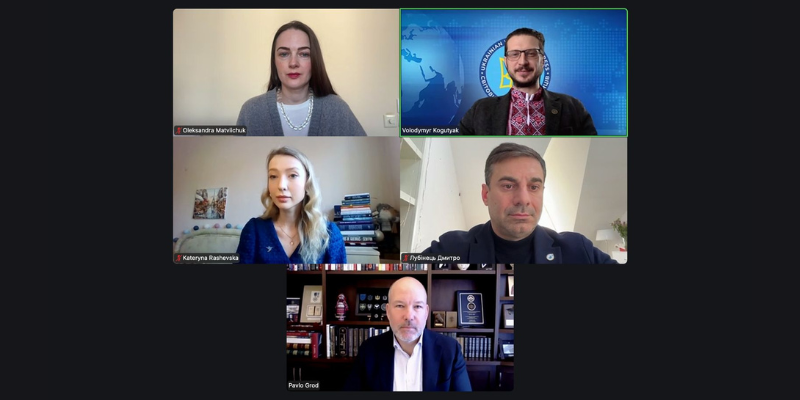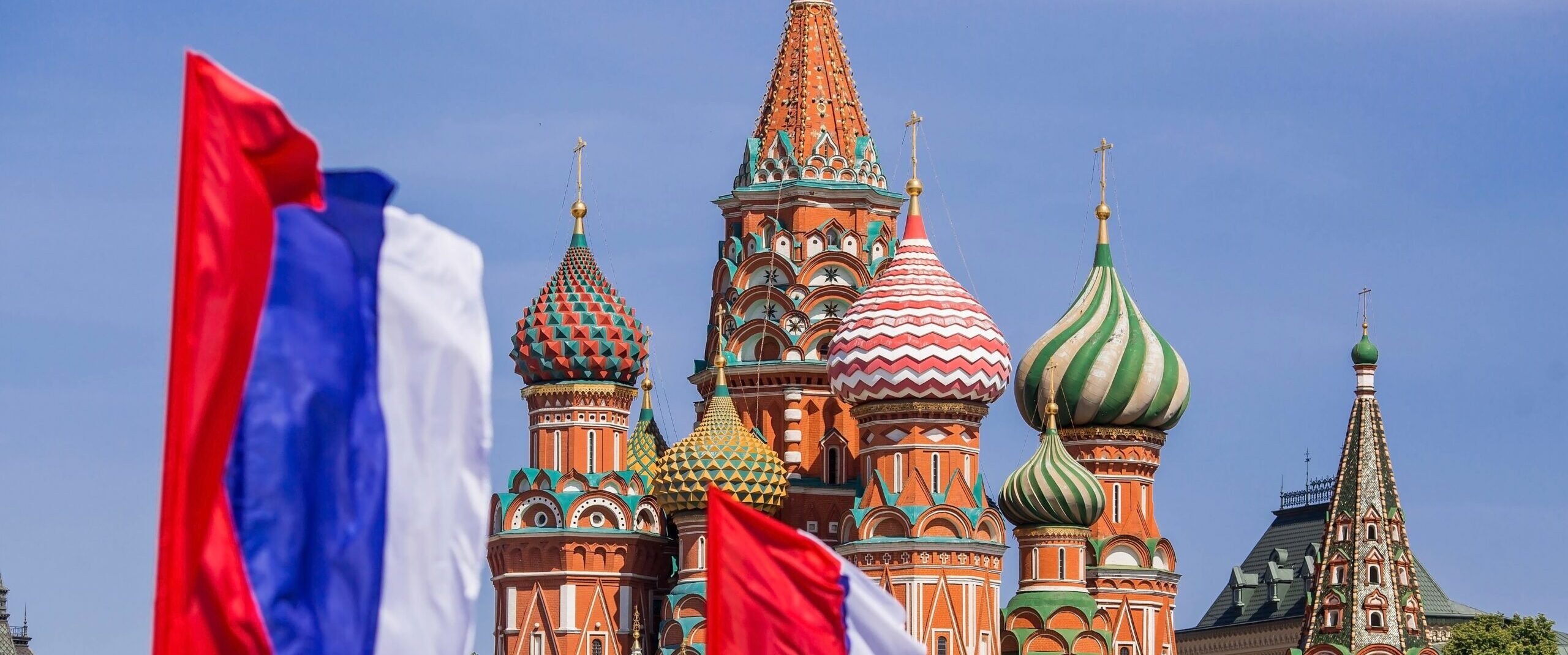
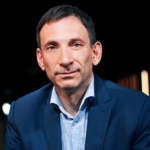
by Vitaly Portnikov, a well-known Ukrainian journalist, political commentator, and analyst, as well as a laureate of the Shevchenko National Prize of Ukraine
Source: Zbruch
After the recent call between the American and Russian presidents and negotiations in Istanbul, Russian Foreign Minister Sergei Lavrov once again made clear the real goal of Russia’s war against Ukraine.
And as we can see, it’s not about territory, not about forcing Ukrainian troops back to the administrative borders of the regions Russia has annexed, and not even about getting Ukraine to recognize the annexation.
These are merely interim demands designed to get Putin to agree to the temporary ceasefire proposed by Trump. At its core, Russia’s real objective of this war is to eradicate Ukrainian national identity and reassert Russian dominance over the country.
What’s striking is that even after three years of full-scale war, many Ukrainian citizens, international observers — and even the U.S. president — still don’t fully grasp this. The war is often framed as a territorial conflict. Ukrainians tend to explain it to foreigners as a battle between an authoritarian regime and a democracy, claiming that Russia’s true aim is to crush Ukrainian democracy before it becomes a model for Russians themselves. But in fact, this line of reasoning only plays into the Kremlin’s hands, reinforcing its narrative that this is a civil war — not a foreign invasion and land grab.
If democracy doesn’t matter much to a foreign politician — like Trump — then it’s no surprise they don’t fully understand what Ukrainians are fighting for. We should also ask ourselves: if Ukraine were Ukrainian-speaking and centered on Ukrainian identity but authoritarian, while Russia were democratic but Russian-speaking and Russia-centric, would we want to join Russia? Or would we want to preserve our own country to keep the hope for democracy alive, rather than dissolve into another nation — even a democratic one?
That’s why, as Ukrainians, we shouldn’t rely on shifting categories. Take Israel, for example: it was once the kingdom of King David and Solomon, then the land of the Maccabees and Bar Kokhba, and today a republic led by Ben-Gurion, Begin, and Netanyahu. These were very different states — some I might not personally support — but the key is that Israel is the only country where Jews can truly be themselves.
The same applies to Ukraine. It may be democratic, chaotic, authoritarian, corrupt, or honest — but it remains the only place where Ukrainians can be Ukrainian and speak their language as the country’s primary language. That is what truly matters. The Ukrainian state exists because the Ukrainian people exist. The Ukrainian people exist because they speak their language, attend their own Church, and carry their historical and cultural traditions. Everything else belongs to other nations.
Let’s turn back to Russia. There’s nothing new in how its political leadership and people view Ukraine. For decades, Russians living alongside the Ukrainian SSR didn’t oppose its existence because they saw Soviet Ukraine as merely a façade of Russia — an artificial creation meant to placate the “khokhols” (a derogatory term for Ukrainians). None of them ever imagined that Ukrainians would one day vote to break their so-called “historical unity” with Russia. Even after Aug. 24, 1991, most Russian politicians were convinced that Ukrainians would reject independence in the Dec. 1, 1991 referendum. When the results showed otherwise, it shocked them and many Russians alike — it felt like a betrayal. Yet they dismissed it as temporary, which is why they still bitterly remember the Belovezha Accords. For them, keeping Ukraine within a union with Russia was far more important than respecting any democratic vote.
Furthermore, with the collapse of the communist dictatorship, it was as if the peoples of the former empire were emerging from a long winter, returning to where they were before the Bolshevik coup. For Russians, that meant going back to 1917, when the “Russian people” included Great Russians, Little Russians (Ukrainians), and Belarusians, and the empire was considered their empire. From this viewpoint, it makes sense that restoring the old empire requires first reviving its historic core — uniting Russia, Ukraine, and Belarus — and only afterward reclaiming other territories. This is precisely why the formal union between Russia and Belarus has yet to happen. Though technically feasible for the Kremlin, Putin doesn’t just want Belarus integrated — he aims to create a triune state.
This isn’t even about whether Ukraine and Belarus will keep a formal status within this state. Perhaps they will — just to hold a seat at the UN. But they will have no real sovereignty. More importantly, they will lose their cultural and national independence. Russian chauvinists have learned a key lesson from the Bolshevik experiment: even if Ukrainians and Belarusians are left only with a façade of autonomy, in times of imperial crisis, that façade can become real independence. That’s why the current goal is to fully transform Ukrainians and Belarusians into “Russians.” To do this, Ukraine must either be conquered outright or, at the very least, weakened and subjugated.
If Ukraine loses this war, it will mean not just the end of the Ukrainian state but the end of the Ukrainian people. The main issue will not be the disappearance of Ukraine from the political map but the disappearance of Ukrainians from the cultural one. Ukrainians will exist only in exile — and life in exile inevitably leads to assimilation.
On the other hand, Russia’s defeat would force Russians to abandon their imperial dreams and finally focus on internal development. If Russia does not gain Ukraine, it will not lose statehood; rather, for the first time since the era of the Muscovite principality, it will truly gain it. Honestly, I’m not very optimistic about the Russian people’s chances — but at least they will have the opportunity. And so will the other oppressed peoples of the Russian Federation, many of whom are on the brink of extinction.
That’s why Ukraine’s victory is not just our victory. If we survive, democratic Europe will survive. If we survive, Russians will have a chance to become a civilized nation. If we survive, we will offer hope to other peoples still living in the shadow of empire.
But if we lose, Europe will regress to the 1930s, and Russia will remain a monster, continuing its expansion. That’s why we must stand firm — and why the world must support us. To be honest, it is not us who should be thanking those who help; rather, they should thank us for fighting to remain ourselves, instead of submitting and becoming strangers.
Cover: Shutterstock
